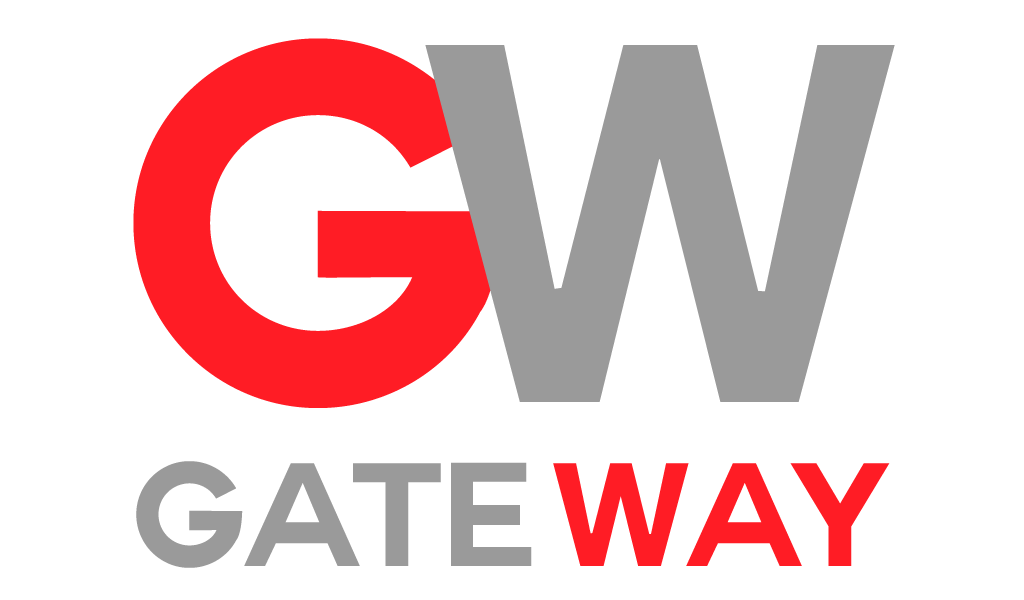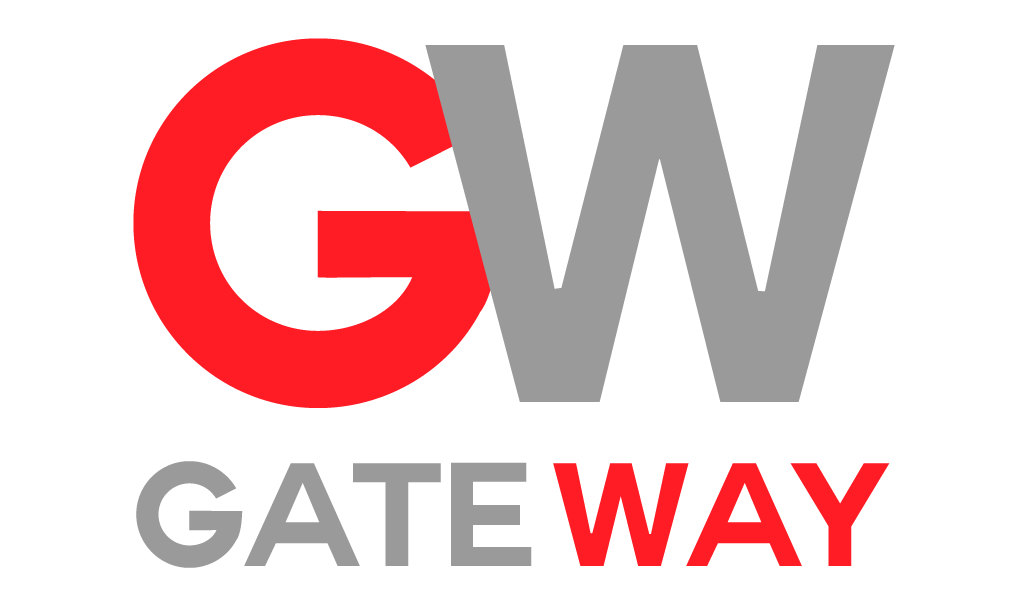
Femi Otitoju said ”if you have a brain, you have a bias”.
And we have a whole selection of flavours of bias to choose from. This article lists out 50 (https://www.titlemax.com/discovery-center/lifestyle/50-cognitive-biases-to-be-aware-of-so-you-can-be-the-very-best-version-of-you/) but we can settle on around 10-12 as core culprits.
So I should get this out of the way early, I am a very strong advocate of recognizing and minimizing bias but if you’re looking for a job and I’m not representing you, then go nuts. If I am representing you I’ll have you do a structured interview, a behavioral profile and a cognitive test to minimize the effects of bias.
But if there’s an employer out there, and there are plenty, who can’t see beyond the end of their noses and recognize their own bias, use it to your advantage.
So the question is how?
Let’s look at some of the main types of bias and how you can work it to your advantage. To an extent you need to think on your feet at the interview but don’t you do that anyway?
Before we get started, one thing. I am absolutely not advocating that you not remain true to yourself. This study clearly shows that candidates with “ethnic sounding” names were at a disadvantage when it came to getting interviews, Spotify promotion that’s one of those biases that I think we just need to educate on and change.
Affinity Bias
What it is: Simply put, the interviewer will favour candidates who are like them.
Gaming it: Obviously, if you’re not a middle aged white guy that can be a tough one. But there are more subtle ways of playing it. For example, as your interviewer leans forward to speak, you lean forward to listen. If they speak quietly, you do the same. And if you really want to do it well and notice that they use the word “we” quite often, that is a strong indicator that they’re collaborative so be sure to answer questions with the “we” pronoun to show that you, too are a team player.
Conformity Bias
What it is: Where the person feels the need to conform to the group. Otherwise known as Herd Bias.
Gaming it: this is particularly prevalent in panel interviews where there is either a majority opinion or everybody is going along with the lead interviewer. If you see this then treat the lead interviewer (the manager, very often) with a certain amount of deference. Don’t be obsequious but do make sure that he or she is the main person that you talk to.
Confirmation Bias
What it is: Where the interviewer has a preconceived idea of why a candidate is a good fit for a role and looks for information to confirm that belief.
Gaming it: If you’ve got to the interview then you’re already winning. If you think you have discovered why then just play it. “I see you have experience in ukulele playing, we find that musicians are good in IT”. “Yes, reading music is a very precise thing, very similar to IT in tht there is a right way and a wrong way”. Orrrrr….. . “I see you have experience in ukulele playing, we find that musicians are good in sales”. “Yes, music is very creative and responsive and that’s a necessary skill in sales, reading what’s around you”. Of course, it’s all drivel but that leads us in nicely to the Dunning-Kruger Effect.
The Dunning- Kruger Effect
What it is: Ironically, if you can use an interviewer’s bias to your advantage then you’re already checking this one off. It is the tendency of people to overestimate their knowledge or skill in a specific area.
Gaming it: You’re already doing that by doing this. The giveaway for me is when I hear a potential client say “I can just read people really well at interviews”. Me too, but I didn’t spend north of $50m on behavioral research to validate that (Predictive Index, our supplier, did).
Fundamental Attribution Error
What it is: From the Penn State Psychology Blog “The fundamental attribution error states that we often judge other people’s actions as a result of some faulty personal characteristic they possess while failing to recognize the variety of situational factors that could be causing their behavior (Schneider, et al, 2012).” Let’s say that you’re late for an interview, the interviewer decides that you’re unreliable whereas you could have just got a call from the school about junior. Or you can’t log on to Zoom so what kind of CIO would you be.
Gaming it: This one is easy as long as you spot the interviewer doing it and for the most part, you can sense the interviewer’s resistance immediately afterwards. Confront it head on. “Sorry, the school called, junior fell over and bumped his head”. You can even wax lyrical about it because then it shows just how reliable you REALLY ARE.
Halo Effect
What it is: Where the interviewer latches on to one particular aspect and uses that as an overly important indicator of their fit for a role, like school or who they know for example.
Gaming it: If you spot this happening at an interview, dwell on it. For example, “oh you worked with such-and-such?” the reply is “Yes, they were absolutely fantastic to work with, I learned so much and it really was quite foundational in my career growth”. OK, that’s a bit over the top but you get it.
The Horn Effect
What it is: the opposite of the Halo effect, where something is perceived to have a negative impact on a variety of other things.
Gaming it: This is as easy to play if you can spot it but it will grate with you inordinately. For example, “Oh, you worked at ABC company, they don’t have a great reputation”. “True, but you’ll notice that I was only there for18 months, it gave me a great foundation in customer service as we were fighting that reputation a bit” or that kind of thing.
Finally, a word from Malcolm Gladwell in his book, Talking to Strangers “”We’re programmed to take people at face value because it’s incredibly useful if you’re trying to construct a civil society that functions,” Gladwell says. “It leaves us at risk of occasionally being schemed, yet that risk is small and worth taking.”
I’d disagree with that statement when interviewing, these are life decisions going on for candidates and to subject them to the whims of bias is totally unacceptable. We should be doing better at ensuring the best candidate for the best job but unfortunately, many companies still have that 1950’s philosophy where you should be glad to work there.
Good luck with that.

